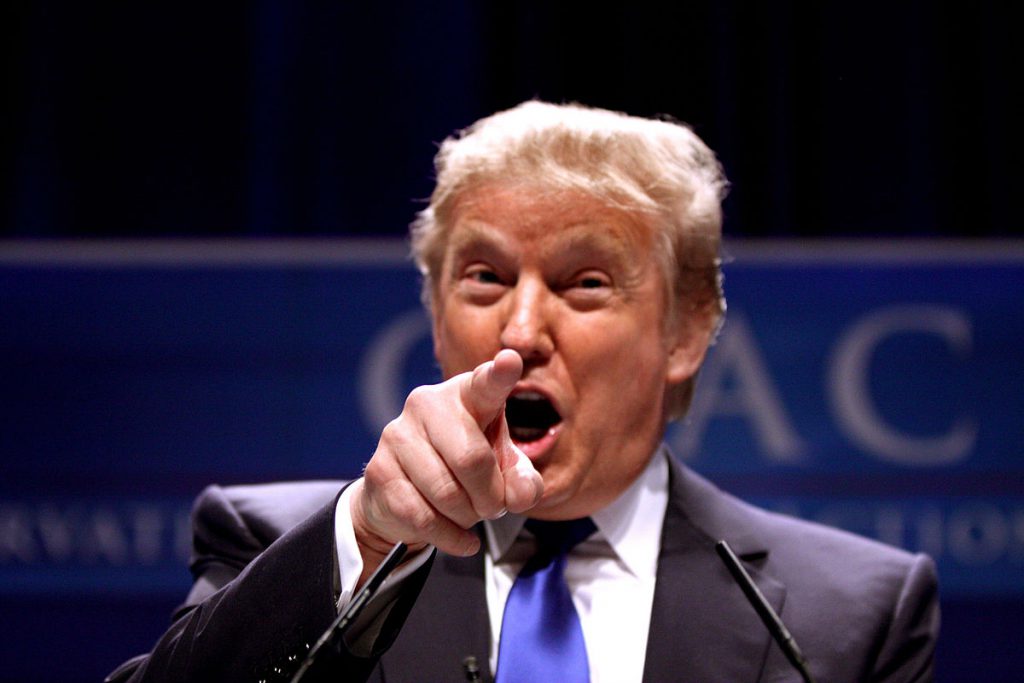
Gold steadied after posting its longest rally in three months as investors weighed growing political tensions in the U.S., which reinforced demand for havens. Palladium notched a fresh record.
Bullion, which has already benefited from central bank easing, slowing growth and the trade war, gained an additional support after an announcement that the U.S. House of Representatives is opening a formal impeachment inquiry of President Donald Trump.
Worldwide holdings in exchange-traded funds backed by gold inched up to register a fresh six-year high
Gold is heading for a fifth monthly advance as the Federal Reserve and central banks globally cut interest rates to prop up economies hurt by the prolonged trade war. Weakening U.S. consumer confidence also dented sentiment. The possibility Trump will face impeachment is adding to the raft of concerns weighing on markets, even as the president said he would release a transcript on Wednesday of his phone call with the Ukrainian leader.
“The move in gold looks convincing enough to warrant some attention as it’s unlikely the political storm clouds over Washington are about to dissipate any time soon,” Stephen Innes, Asia-Pacific market strategist at AxiTrader, said in a note. This “might continue to weigh on equity market sentiment, possibly send U.S. yields lower and could undermine confidence in the U.S. dollar.”
Spot gold lost 0.2% to $1,528.78 an ounce by 11:57 a.m. in London. Prices capped four days of gains on Tuesday, the longest run since June 25, and the precious metal is 19% higher this year. Spot palladium rose to an all-time high of $1,677.45 an ounce, before paring gains.
Worldwide holdings in exchange-traded funds backed by gold inched up to register a fresh six-year high. Total known assets stood at 2,494.3 tons as of Tuesday, heading for the biggest quarterly rise since the three-month period to June 2016, according to data compiled by Bloomberg.
Gold is expected to be supported in the short term and may hit $1,600 an ounce, according to Howie Lee, an economist at Singapore-based Oversea-Chinese Banking Corp. “Global economic growth remains vulnerable, while markets continue to be sensitive to U.S.-China trade tension headlines,” Lee said in a note.
(By Ranjeetha Pakiam, with assistance from Elena Mazneva)
Comments